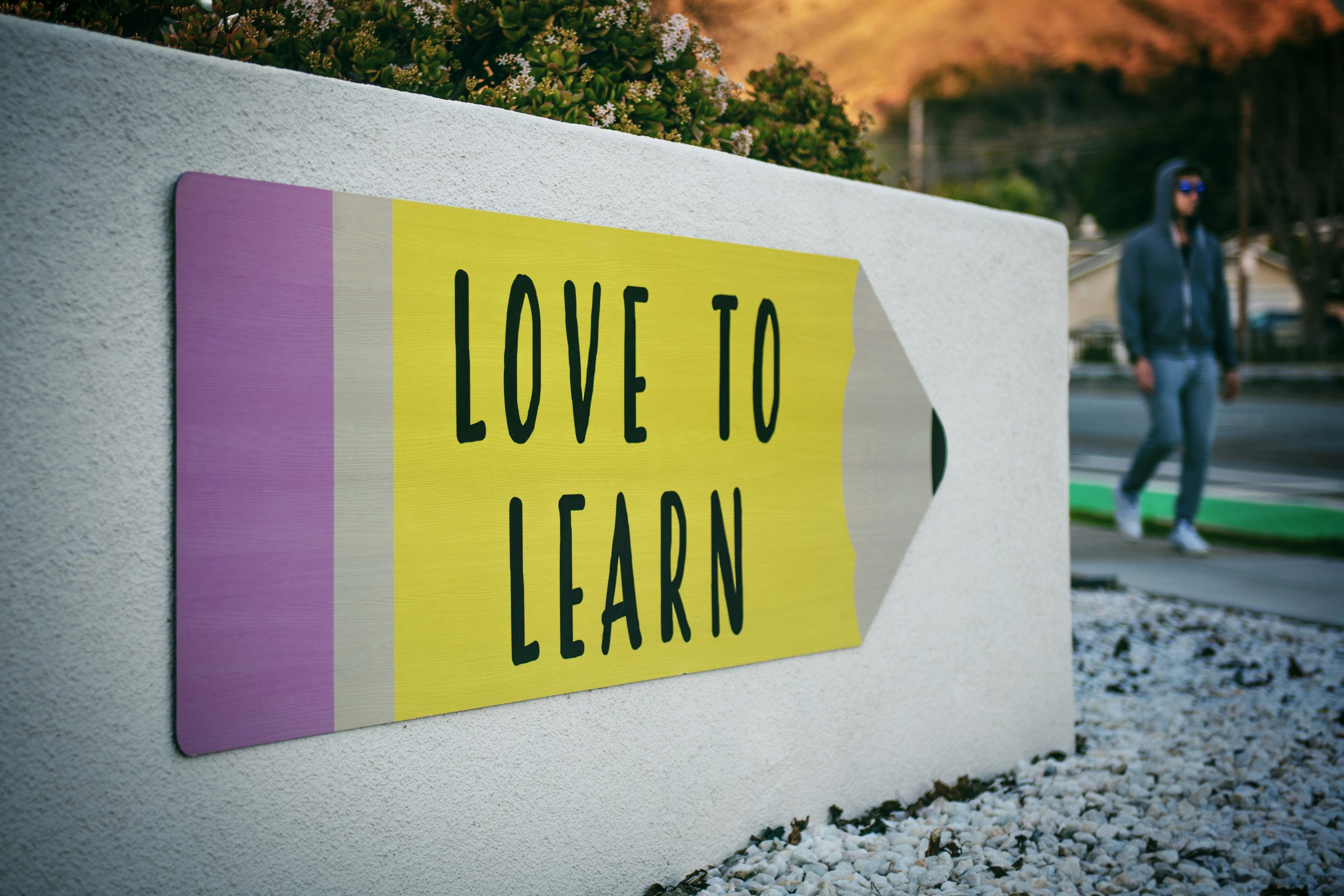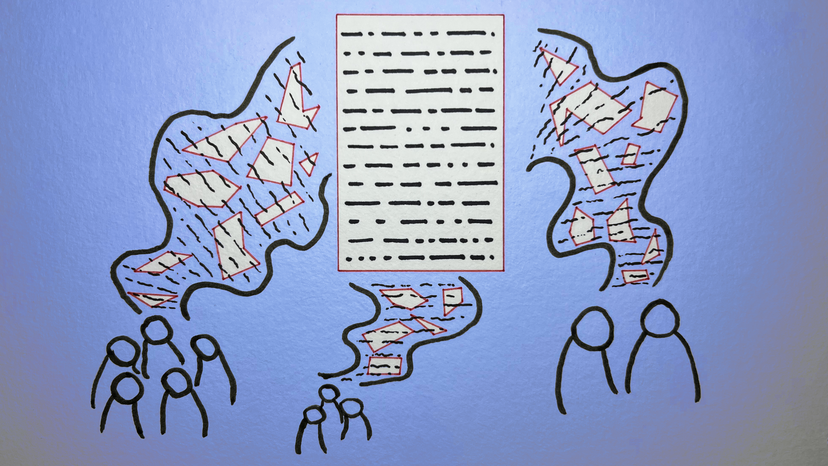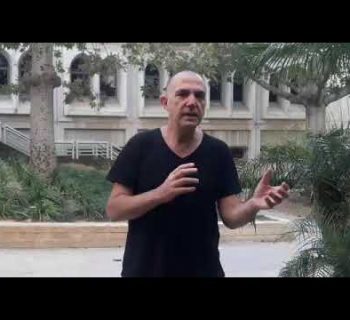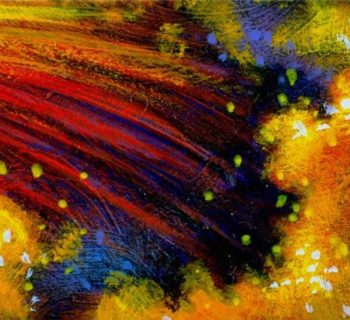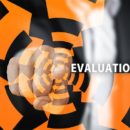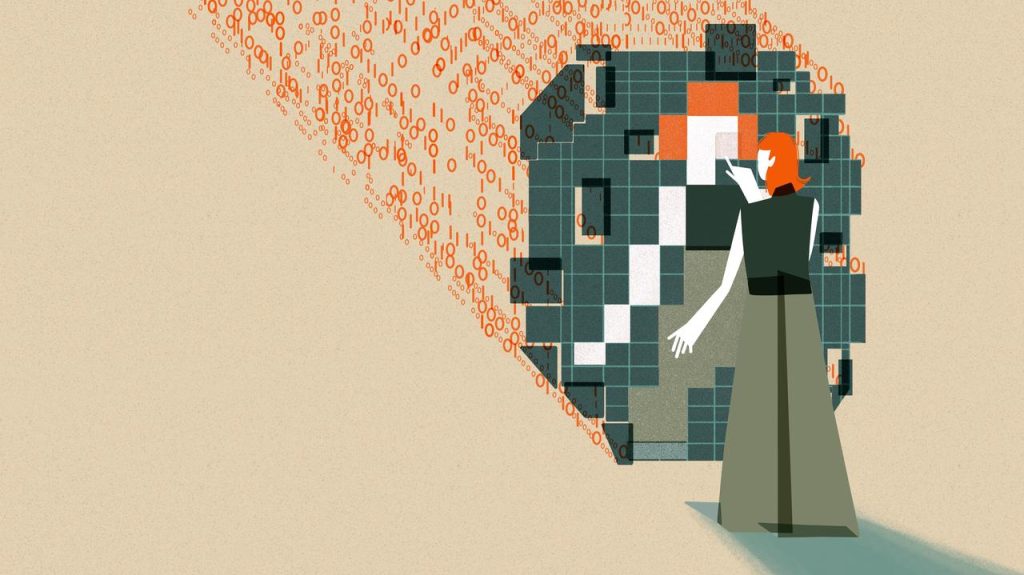
There's an interesting post from Philippa Hardman in her newsletter today. Entitled Are ChatGPT, Claude & NotebookLM *Really* Disrupting Education? her research asks how much and how well do popular AI tools really support human learning and, in the process, disrupt education?
She created a simple evaluation rubric to explore five key research questions:
1. Inclusion of Information
2. Exclusion of Information
3. [De]Emphasis of Information
4. Structure & Flow
5. Tone & Style
Philippa Hardman used her own research articles as the input material, which she fed into what she says are considered to be the three big AI tools for learning:
She prompted each tool in turn to read the article carefully and summarise it, ensuring that it covered all key concepts, ideas etc ensuring that I get a thorough understanding of the article and research.
She provides a detailed table of the results of each of the three applications, and additionally of the NotebookLM podcast application, assessing the strengths and weaknesses of each. she says that "while generative AI tools undoubtedly enhance access to information, they also actively “intervene” in the information-sharing process, actively shaping the type and depth of information that we receive, as well as (thanks to changed in format and tone) its meaning. "
She goes on to say:
While popular AI tools are helpful for summarising and simplifying information, when we start to dig into the detail of AI’s outputs we’re reminded that these tools are not objective; they actively “intervene” and shape the information that we consume in ways which could be argued to have a problematic impact on “learning”.
Another thing is also clear: tools like ChatGPT4o, Claude & Notebook are not yet comprehensive “learning tools” or “education apps”. To truly support human learning and deliver effective education, AI tools need to do more than provide access to information—they need to support learners intentionally through carefully selected and sequenced pedagogical stages.
Her closing thoughts are about Redefining the “Learning” Process . She says:
It’s clear that AI tools like ChatGPT, Claude, and NotebookLM are incredibly valuable for making complex ideas more accessible; they excel in summarisation and simplification, which opens up access to knowledge and helps learners take the first step in their learning journey. However, these tools are not learning tools in the full sense of the term—at least not yet.
By labelling tools like ChatGPT 4o, Claude 3.5 & NotebookLM as “learning tools” we perpetuate the common misconception that “learning” is a process of disseminating and absorbing information. In reality, the process of learning is a deeply complex cognitive, social, emotional and psychological one, which exists over time and space and which must be designed and delivered with intention.

